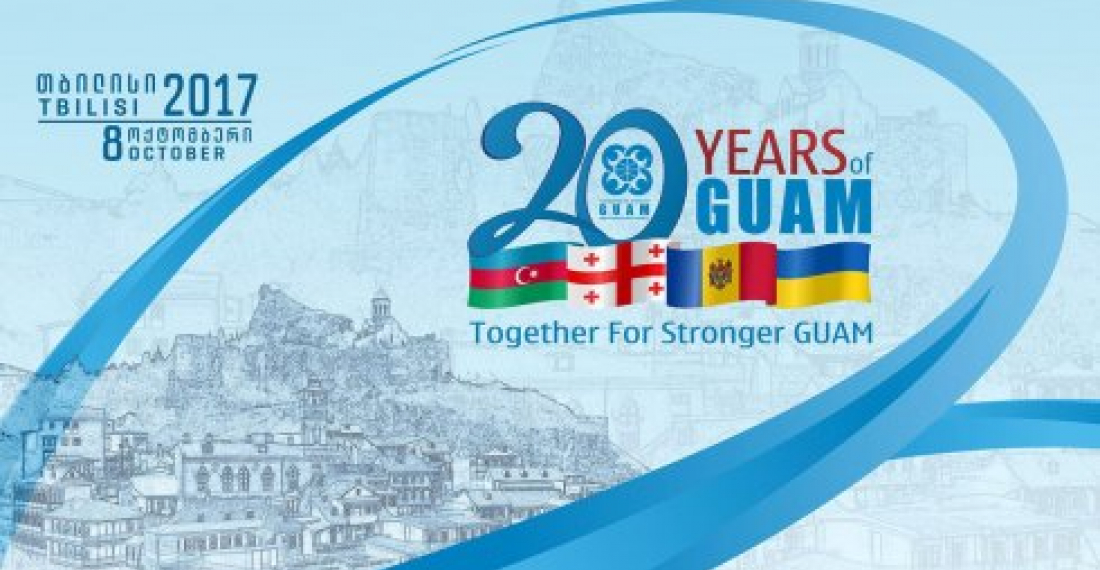This is a commentary by the political editor of commonspace.eu
The political structure bringing together Georgia, Ukraine, Azerbaijan and Moldova, GUAM is celebrating its 20th anniversary this weekend. The Foreign Ministers of the four countries are expected to meet in Tbilisi on Sunday (8 October) to mark the event.
The jury is still out as to whether GUAM is a useful organisation, or a useless one. In all the ups and downs of the last two decades the four GUAM countries pursued a foreign and defence policy that was independent from Moscow, and this distinguished them from other former Soviet republics who generally supported Moscow's agenda. In many ways this distinction remains, although each country has its nuanced approach.
The four countries are now also united by the problem of secession that has plagued them. Ukraine, which initially did not have this problem has in recent years seen not only attempts at secession, but outright annexation by Russia of its Crimea region. The four countries have therefore had to step up their co-operation in fora, such as the United Nations.
On many other issues however GUAM countries pursue different trajectories. Three now have Association Agreements with the EU, whilst Azerbaijan has rejected this approach and is currently negotiating a separate "strategic agreement", which will inevitably lack many of the elements of the others. Ukraine and Georgia actively seek membership of NATO. and GUAM has provided some possibilities for increasing co-operation with NATO for all four. But the debate on foreign policy orientation rages in Moldova, and to a larger or lesser extent in the other three countries too. Co-operation within GUAM has therefore been modest, and the organisation with its tiny secretariat and loose ad hoc arrangements is very constrained by what it can achieve.
Despite this, however, GUAM remains useful. It enables co-operation between former Soviet republics without the overbearing presence of Russia. Despite the fact that more than 25 years have passed since the Soviet Union collapse, all four countries still carry the baggage of that experience, even if they now prefer to forget it. GUAM allows them to share common experiences. But it is now also time for the organisation to reassert itself, to open up its structures, to delve into areas that it has so far shyed away from, and to start involving many more people than simply a few diplomats, soldiers or bureaucrats in its work. Both the EU and NATO can help GUAM make this transition, and they should. That way GUAM can truly contribute to the consolidation of the independence of the four countries, as well as to the future prosperity and well being of their citizens.
source: This commentary was prepared by the political editor of commonspace.eu






